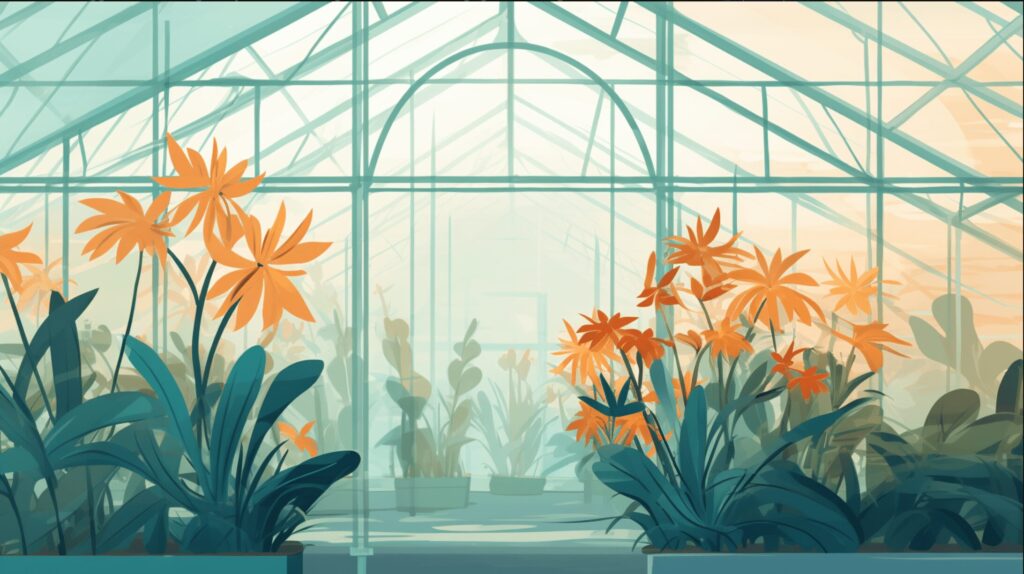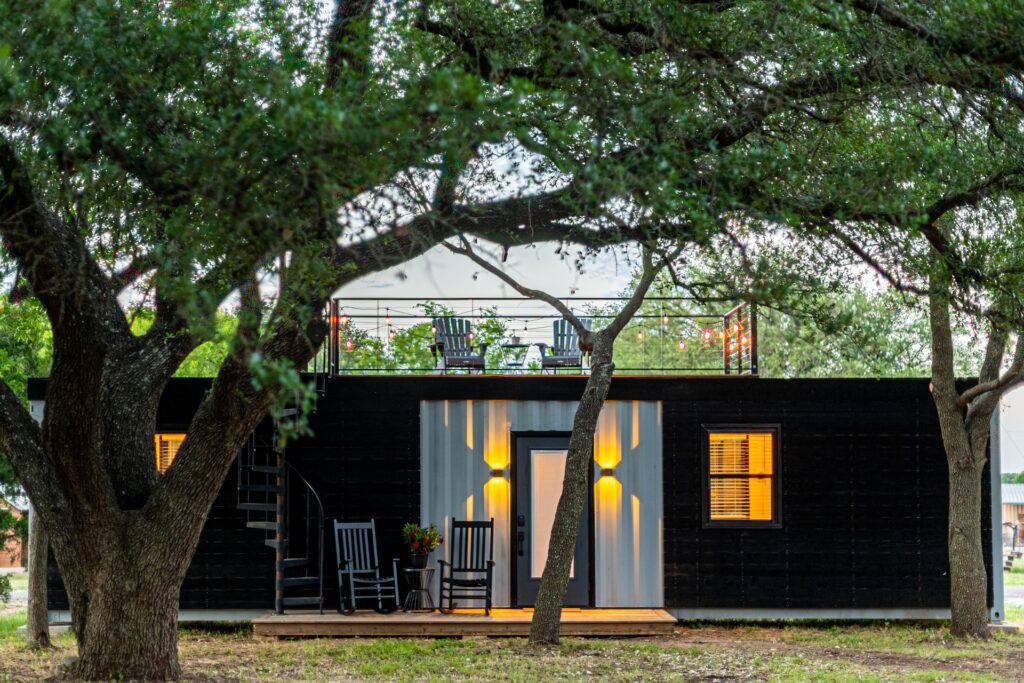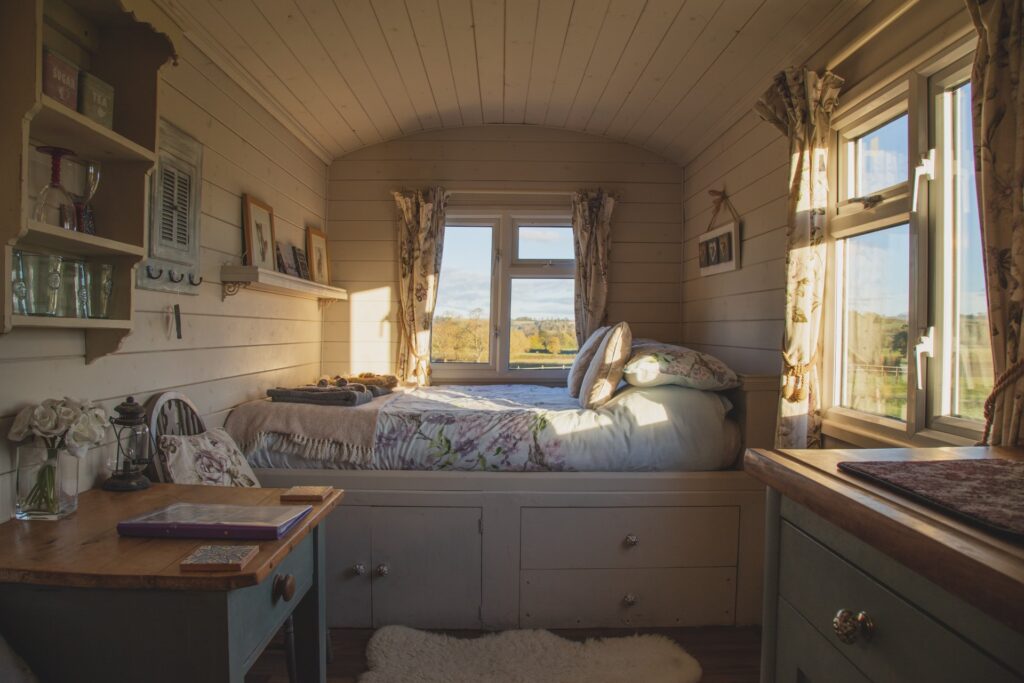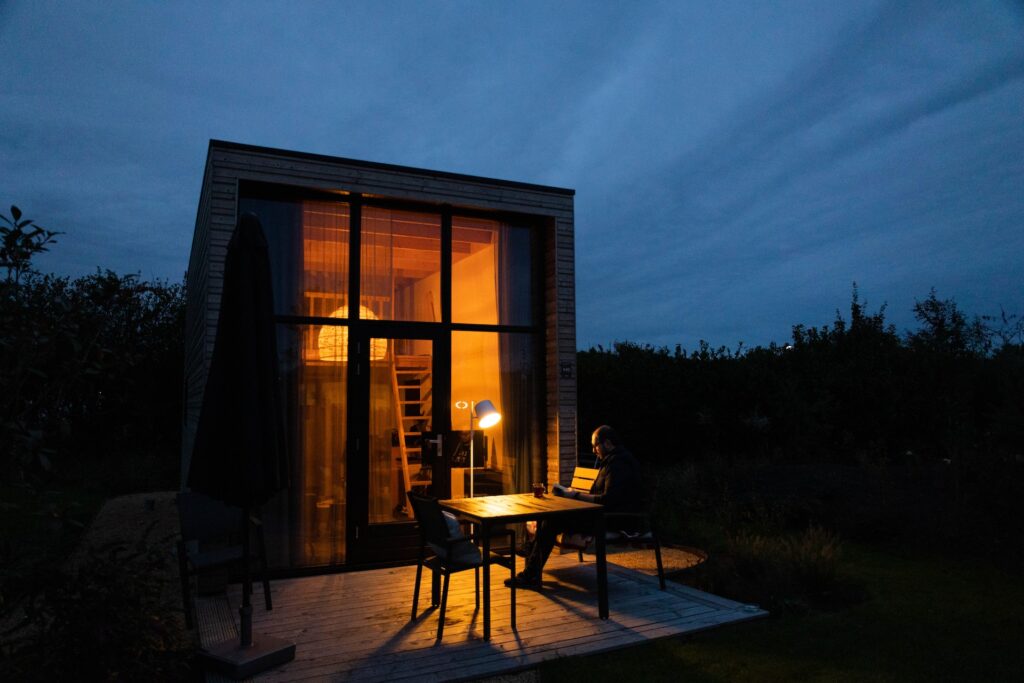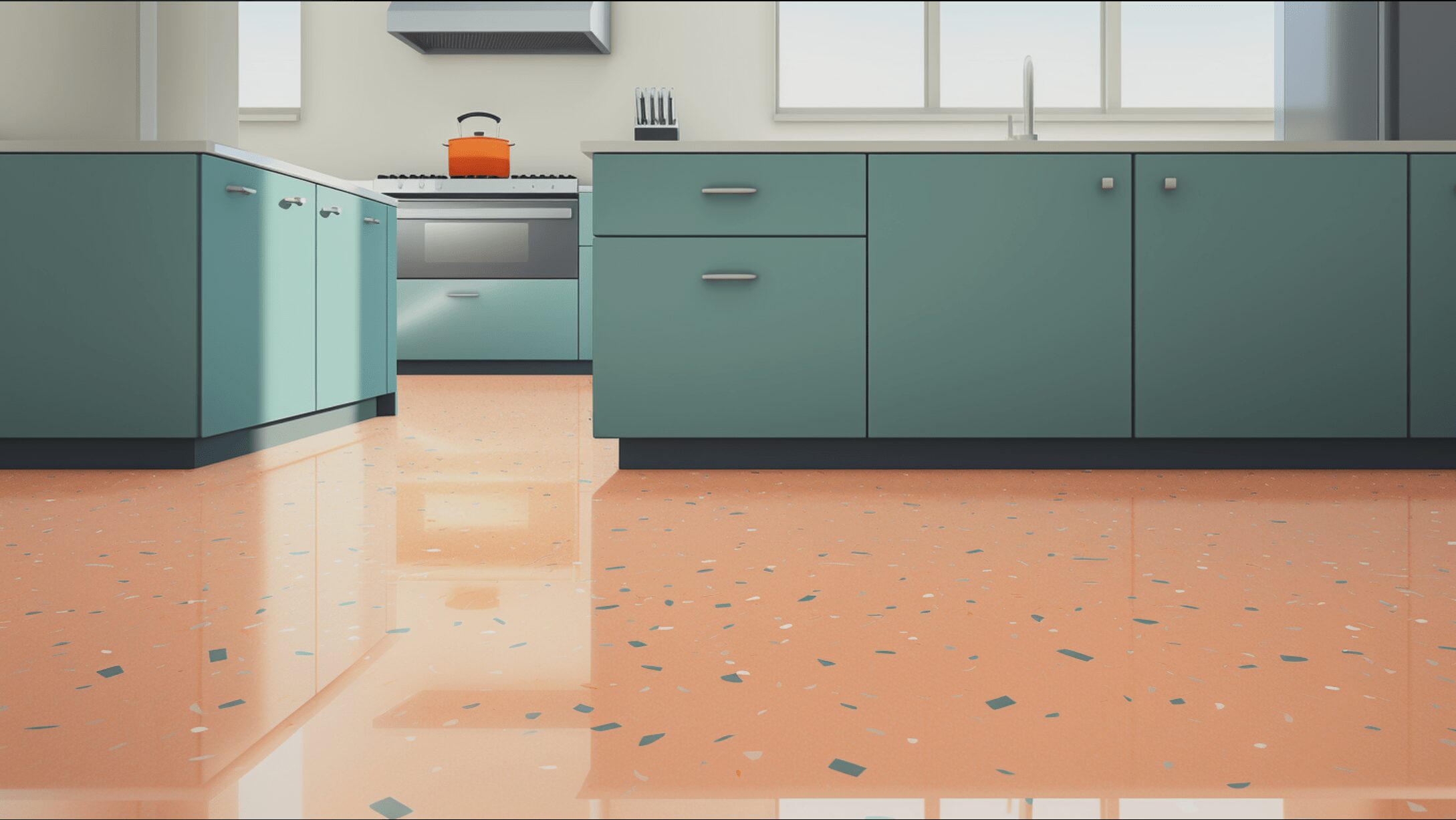
We are reader-supported. When you buy through links on our site, we may earn an affiliate commission.
Whether you want to build a backyard deck or a new home altogether, you should think about sustainable construction materials for your next renovation. There’s a link between construction waste and climate change, so we collectively need to make adjustments to support the planet. If you use eco-friendly alternatives, you can make a difference in how climate change progresses.
Here are the best sustainable construction materials for your project.
1. Cork
If you need natural sub-flooring or insulation, you should consider cork. It’s shock- and noise-absorbant, so you can enjoy a peaceful indoor environment. This material has other benefits, including fire resistance and rot resistance.
Because cork grows quickly, you don’t have to worry about limited supplies. Harvesters remove bark from living trees to make cork, which means deforestation isn’t a problem, either. Plus, you can recycle and compost cork materials. It can be a bit expensive to ship to your house, though, as cork trees only grow in the Mediterranean and Northwest Africa.
2. Recycled Plastic
There’s no denying that plastic waste has become a significant problem. That’s why methods to repurpose plastic waste are needed — and scientists have come up with solutions for the future. It’ll take a while for recycled plastic to become mainstream in construction, but you can currently find materials like polymeric timber for fences and floors.
3. Terrazzo
If you want an alternative to tile, you can use terrazzo instead. It’s a natural material that contains marble, granite and other stones in epoxy resin. This flooring doesn’t have volatile organic compounds, which can create poor air quality in your home. Plus, you can expect your terrazzo flooring to last nearly 40 years, so you won’t need to make any replacements.
4. Bamboo
Did you know bamboo can grow 3 feet in 24 hours? It’s essentially renewable for this reason, as bamboo also grows without needing to be replanted. Therefore, you can feel good about using such a material for your flooring and cabinetry needs. Be sure to treat your bamboo so that you don’t experience insect or rot issues.
5. Reclaimed Wood
It may not be the best idea to use reclaimed wood for framing. However, you can take leftover wood from old barns, salvage yards and construction sites to use for cabinetry, tables, flooring and more. If you want to build beams with reclaimed wood, you should assess the pieces’ structural integrity, or you might encounter problems down the line.
6. Rammed Earth
How about dirt for a sustainable construction material? People have always used dirt for building purposes — but now, many have started to choose dirt over even modern alternatives. That’s because dirt removal doesn’t really create environmental issues, as long as you keep ecosystems in mind.
Those who build with dirt usually use rammed earth, which involves packing dirt tightly into wooden forms to create walls. There are also ways to add bamboo and other materials for added structural strength. Tampers can offer security, too.
7. Clay
Roofs can be a bit trickier. If you want a sturdy structure that lasts decades, but you’re on a budget, you might want to choose asphalt tiles. Unfortunately, asphalt is made with petroleum, which has detrimental effects on the planet in the long run.
That’s why clay can be a better choice. It’s a natural substance from the Earth, so you don’t have to worry about certain chemicals used in the process to make the material. Plus, you can enjoy a clay tile roof for decades, which means you won’t need to spend money on a replacement. It’s also completely recyclable.
8. Precast Concrete
This material has always been popular for construction. It’s used for building foundations, driveways, sidewalks, patios and more. Homeowners usually purchase a mix from their local hardware store to use for projects. However, concrete might be the worst possible option for the planet, mainly due to how the material is made and discarded.
If you want to use concrete sustainably, you should aim for precast concrete. This term refers to concrete that’s already been formed, which means you can order just enough for your project. It’s currently the best way to avoid unnecessary waste during construction.
Use These Sustainable Construction Supplies for Your Next Project
Anyone who wants to make their next renovation more eco-friendly should choose these products. It’s not always easy to make sustainable choices, but you have options. This way, you can positively impact the environment — and that’s crucial when you think about how much construction contributes to climate change.






